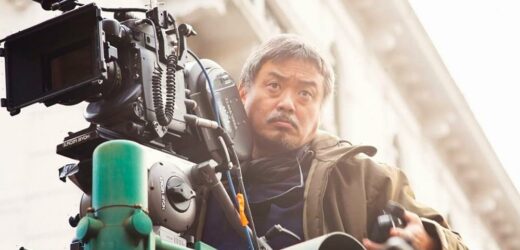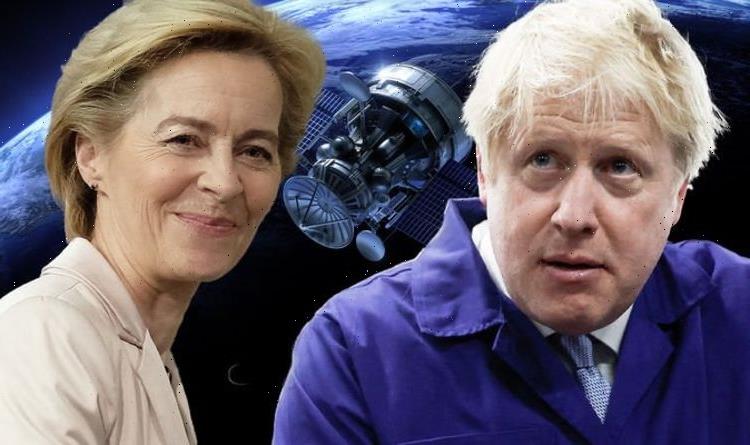Thai cinematographer Sayombhu Mukdeeprom – whose films include Luca Guadagnino’s Oscar nominee for best picture “Call Me by Your Name” and Apichatpong Weerasethakul’s Palme d’Or winner “Uncle Boonmee Who Can Recall His Past Lives,” and who recently lensed Netflix thriller “Beckett” – received the third Robby Müller Award on Thursday, following in the footsteps of Mexican DP Diego García and American director Kelly Reichardt.
The trophy is given out by International Film Festival Rotterdam, the Netherlands’ Society of Cinematographers and Andrea Müller-Schirmer.
“When he films empty space, it becomes clear that it was actually never empty,” argued the jury, but Mukdeeprom was also feted by his illustrious collaborators, from Guadagnino and Tilda Swinton to “Arabian Nights” helmer Miguel Gomes.
“You came to work for one year, not knowing what we were going to shoot or how, so I think you are kind of crazy. In a very good way,” said Gomes in one of the congratulatory videos, while Swinton applauded the jurors for their decision: “I want to congratulate you for choosing to give this great honor to not only one of the great artists of our time working in cinema, but also to one of my friends. To call you a comrade is one of the privileges of my life.” Swinton has worked with Mukdeeprom on “Suspiria” and Weerasethakul’s latest film “Memoria.”

The Thai Palme d’Or winner also took time to celebrate his longtime cinematographer: “I look back at when we first worked together 20 years ago and you are the same guy. I am really thankful for that. You showed me that anything is possible. It’s just a matter of framing.”
While the duo has been almost inseparable since Weerasethakul’s 2000 “Mysterious Object at Noon,” Mukdeeprom considers another film as his true breakthrough: a little-seen 2007 drama by Pongpat Wachirabunjong.
“It’s called, rather interestingly, ‘Me… Myself.’ It has nothing to do with me, but I really discovered myself through that film. ‘Oh, so this is who I am, this is what I am going to do with my life.’ It was the start of my career,” he confessed during an online talk hosted by the festival, also mentioning a family member who got him interested in photography as a child.
“It was my auntie! She had photography magazines and a camera, and while she didn’t exactly give it to me, she let me use it whenever I wanted,” he said.
“I learnt everything by myself, I have to say. I would go to a library, trying to find simple textbooks. Most of them were in English, so I had a dictionary with me and I was just trying to learn, bit by bit. Most of my inspirations come from street photography, I also watch European films. My English still isn’t good, so sometimes I don’t even understand the story. But I keep watching anyway, just because I like it.”
Visibly overwhelmed by the award, Mukdeeprom admitted that Robby Müller, nicknamed the “Master of Light,” influenced him as a cinematographer – especially on “Suspiria” – but also as a viewer.

“I would say I approach things with heart and I watch movies with heart, too – I am not trying to become some cinephile who knows everything. So many movies were stuck in my head. Later, it turned out they were all shot by Robby. I have a feeling he is sitting right next to me now.”
Known for his preference to shoot on film (“it’s not about the technology – it’s about me”) Mukdeeprom also underlined the importance of following one’s instinct on set. Just like in the case of the piazza scene in Guadagnino’s “Call Me by Your Name,” featuring Armie Hammer and Timothée Chalamet as lovers-to-be and famously captured in one take.
“It happened naturally, just like it always does with Apichatpong. I had a long enough dolly, so with Luca, we went: ‘Let’s do it!’ That was it. Ever since Apichatpong’s movies, I have been a student of reality. But documentary is more about content and fiction is more about feeling. You have a gut feeling about these things as filmmakers.”
Source: Read Full Article


